
Radar | Jul 11,2021
The weather was chilly, but this did little to dampen the vibrant Sunday evening at restaurants in the Bole neighbourhood. On a cold night a few weeks ago, Mikyas Tsegaye was warm and well-fed at Food Zone Restaurant. He seemed unbothered with the pricey dish of sautéed beef (shekla tibs) he had just finished, laying back and enjoying his beer. A wholesaler in Merkato, the 30-year old Mikyas can afford to lead a decent living, owing to his success in the clothing market. He inherited a family business with a daily turnover of around 70,000 Br eight years ago after cutting short his education at one of the public universities.
To an onlooker, the bright lights and loud music chiming out from the restaurants and hotels across the flashy streets of Addis Abeba may give the impression that times are good, that many people lead a decent living. But this view overshadows the flipside of the struggling residents having to win bread for the day. Partly, it is explained by the unprecedented growth of the capital's population. Like most metropolises globally, it is the outcome of a huge influx of rural migrants to Addis, attracted by its glitz and dreaming of making it in the big city, home to over four million people.
Bajin Danish came to Addis Abeba from Areka, a small town in Welayita Zone, 322Km south of the capital, almost a decade ago with dreams of landing a good job and building a comfortable life for himself. He had luck on his side, at first. Hired as a security guard at one of the many embassies in the capital, he began earning a monthly salary of 4,000 Br, which was more than enough to cover his expenses with some left to save.
Five years down the road, things changed. Drastically.
A family emergency forced him to be absent from work for over a week, costing him his job at the embassy. Though Bajin tried to persuade his employers, they did not budge, leaving him no choice but to look for another source of income.
“I had a decent life; three meals a day and saving money to start a business," said Bajin.
He became a shoe shiner, marking the end of a period, which for him, was decent. His wife does odd jobs, usually earning half the 200 Br daily income from shoe shining. The family tries to keep monthly savings after spending on rent and food expenses, but they barely do so. Bajin often misses meals when customers do not show up.
Paying huge bills one after the other is a common hallmark of urban life. This is more evident than ever now.
"It's like a vicious cycle where you immediately use what you've saved," says Bajin, longing for the days at the embassy when annual inflation was below eight percent.
Even for those having a job – whether formal or informal – the ability to cover basic expenses while still having disposable income and savings for dry seasons seems like an impossible feat. An economy tested by macroeconomic woes is not delivering much to the wider public, growing by two percent last year, according to the IMF. It is the slowest growth in over a decade, induced by COVID.
Notable growth in per capita income, however, which surpassed the 1,000 dollar mark last year, has been washed away by the fall in the purchasing power of the Birr. Inflationary pressure has further complicated the lives of the city's residents, creating uncertainty while leaving an indelible mark on their livelihoods. Against such a backdrop Bajin was leading a decent living, at least during the first half of his decade in the capital.
The conception of a "decent living" between Bajin and the businessman Mikyas may vary. Indeed, there is no universally accepted definition of what constitutes decent living. The United Nations defines it as something that enables workers and their families to meet basic needs.
Beyond consumption, saving is equally important for a decent living in mitigating unforeseen eventualities. But household saving is a constant struggle in an economy besieged by galloping inflation and an unceasingly depreciating currency. The inflation rate reached a decade high last month, with headline inflation hitting at 26.5pc, a 10-year average. Food inflation registered at a staggering 32pc during the same period.
It is no surprise that food makes up 30pc of household expenses for the residents of Addis Abeba. Teff is traded for 5,000 Br a quintal, a 2,000 Br increase in just two years. Another staple, Berbere, costs 500 Br a kilogram, twice the price two and half years ago. The same is true for basic food items, particularly edible oil, which saw prices rise by almost a third in just a year.
Rent is another big item on the list of household expenses, with its share from the total income of households reaching as high as 40pc. It can cost as much as 4,000 Br a month to rent a nine square metre room in the capital, though prices differ widely based on location. With expenses for utilities and other related necessities accounting for the remainder of residents' income, individuals like Mikiyas see having a 25,000 Br budget as the absolute minimum to lead a decent living in Addis.
However, professionals like Getu Million, a branch manager for the Bank of Abyssinia in Addis Abeba, who earns 10 times more than Bajin's "decent living" while working at the embassy, feel a sense of frustration they can do little more than cover their daily expenses.
Getu feels a "decent living" should enable him to save for when things go wrong. Coupled with the 10,000 Br his wife brings home every month, he tries to save after spending one-fifth of his salary on rent and 30pc buying food.
"Had my income not doubled in a year, saving would have been unthinkable," says Getu.
With individuals having their own answers on how much income is enough to have a decent living – one thing is for sure – it should be sufficient enough to cover these necessities of life.
Decent living in Addis requires a budget of 10,000 Br to rent a one-bedroom apartment close to the city centre; 1,250 Br to buy 25Kg of teff and 600 Br for five litres of edible oil. Without considering expenses for other food items such as bread or coffee, this is three times higher than what Bajin used to earn from his job at the embassy. An additional 1,500 Br to hire a maid, while spending an equal amount of money for other expenses, including transport, would make up the basics. With another 4,000 Br for leisure, a monthly income of 20,000 Br was way above what residents such as Bajin could afford.
Nonetheless, a decent standard of living is not only about covering necessities from food to water and from education to healthcare. Having a provision for the unexpected in life gives a sense of security, according to Wasihun Belay, a development economist.
"Saving is an important element of a decent standard of living," said Wasihun. "It is a measure of a healthy lifestyle."
A fifth of income has to be set aside for unexpected circumstances, according to him.
Very few in Addis Abeba meet this standard.
The COVID-19 pandemic is a validation of Wasihun's view, but when the pandemic was at its peak just a few months ago, it was a discouraging glance into just how an unsustainable saving is for most of the capital's residents. In late April and early May this year, an average of almost 2,000 people had contracted the virus daily, and public health centres were flooded with patients. Those unfortunate not to secure a bed in one of the low-cost facilities were left to stay home and hope the illness passed. The well to do had the option of shelling out 300,000 Br in advance payments to private hospitals for treatment.
For other experts, the idea of saving is more of a fantasy.
Alemayehu Geda (Prof.), a professor of economics at Addis Abeba University, has published dozens of studies on Ethiopia's macroeconomy. Lately, his major preoccupation is understanding the impacts of the depreciated Birr and the surging inflation on the economy. He sees more than 70pc of Ethiopia's urban population lives below the poverty line - 1.25 dollars in daily earning the World Bank uses as a threshold, making them ineligible to meet the standard for a decent living. A recent study by the World Bank discovers that close to 17pc of Addis Abeba`s population live under abject poverty (poverty headcount rate), although much lower than the 23.5pc national average.
Alemayehu`s estimate is far from what the government reports, which claims poverty is below 23pc based on the assumption that 600 Br a month is enough to keep people going. For the economics professor, this is an economic analysis that is far from reflecting the reality on the ground. A household needs to surpass a 2,500 Br monthly income to avoid the trap in poverty threshold defined by the World Bank. Even for those who earn more than this amount, not having disposable income to save for difficult times makes them vulnerable.
A monthly earning of 2,500 Br may not give households the ability to buy 2,200 daily calories for a person. This determines whether the household is above the poverty threshold.
"Even those earning above the 1.25 dollar line may consume less, which makes them unqualified to be categorised under economic groups leading a decent living," Alemayehu said.
Mikyas seems not to be bothered by all this. Residing in a house built by his parents, he has not yet been subjected to many in medium- to low-income residents in Addis Abeba face. They pay half of their monthly earnings to secure decent housing. He soon moves out, looking to rent a one-bedroom apartment with a budget of 10,000 Br.
“I think 25,000 Br would be enough to have a decent living in this city,” he says. ”However, this won’t be easy with the declining purchasing power of the Birr.”
PUBLISHED ON
Aug 07,2021 [ VOL
22 , NO
1110]

Radar | Jul 11,2021
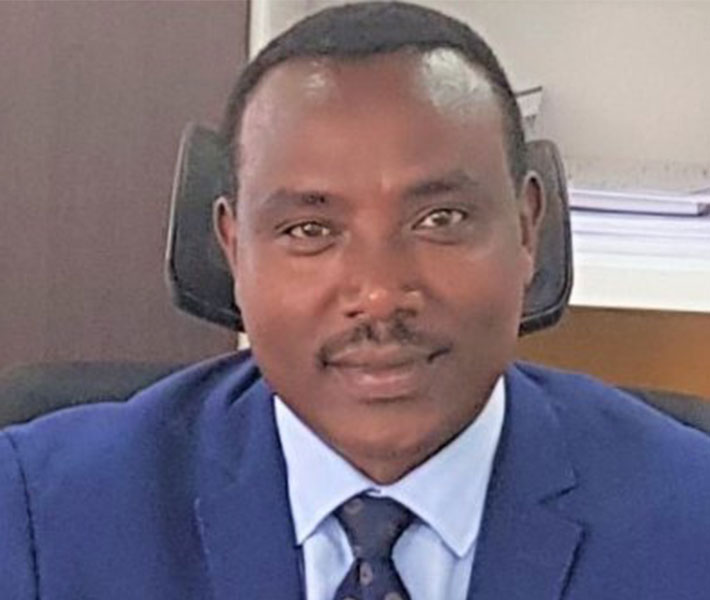
Radar | Nov 28,2021
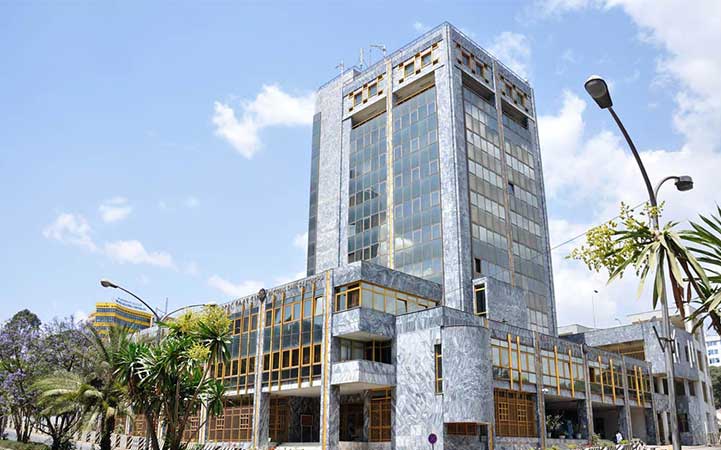
Year In Review | Jan 04,2022
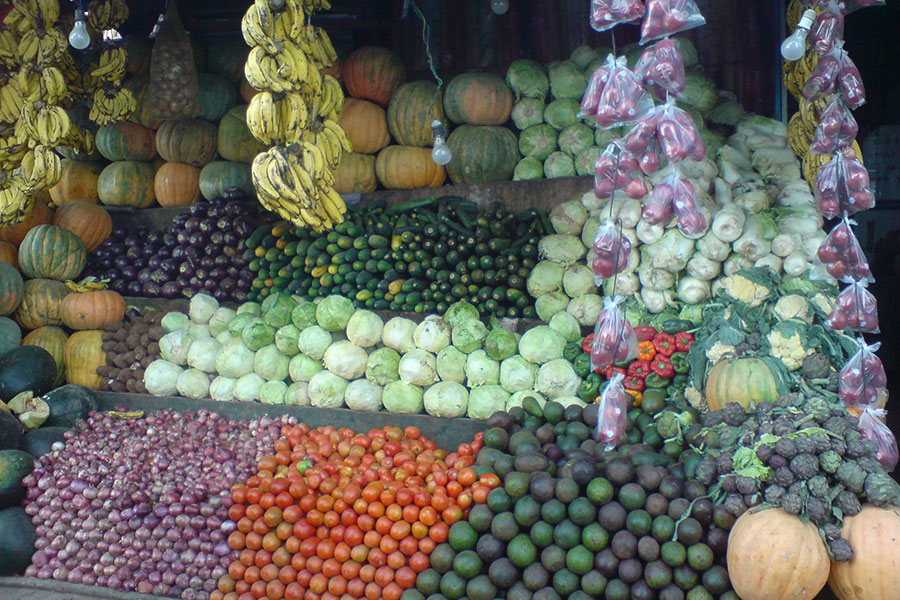
Fortune News | May 07,2022

Fortune News | Jul 11,2021
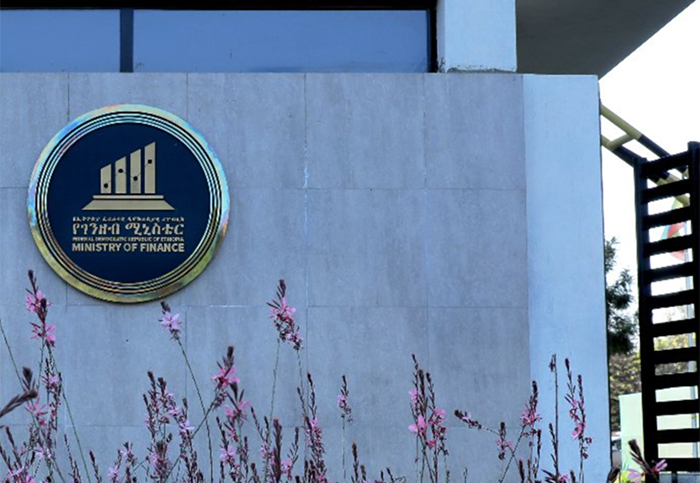
Fortune News | Aug 14,2021

Radar | Jun 05,2021
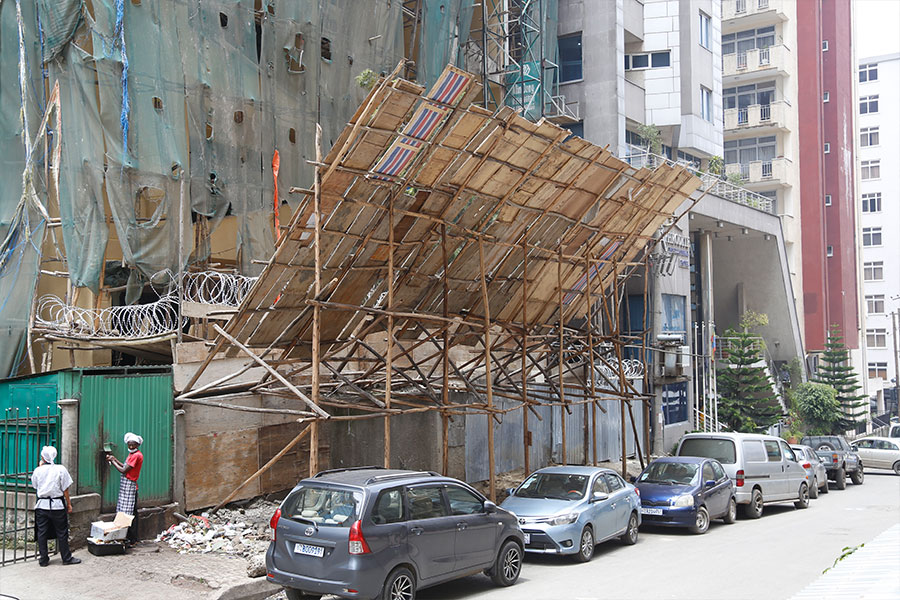
Radar | Jul 31,2021

Delicate Number | Feb 05,2022

Fortune News | Nov 06,2021

Dec 22 , 2024 . By TIZITA SHEWAFERAW
Charged with transforming colossal state-owned enterprises into modern and competitiv...

Aug 18 , 2024 . By AKSAH ITALO
Although predictable Yonas Zerihun's job in the ride-hailing service is not immune to...

Jul 28 , 2024 . By TIZITA SHEWAFERAW
Unhabitual, perhaps too many, Samuel Gebreyohannes, 38, used to occasionally enjoy a couple of beers at breakfast. However, he recently swit...

Jul 13 , 2024 . By AKSAH ITALO
Investors who rely on tractors, trucks, and field vehicles for commuting, transporting commodities, and f...

Jul 12 , 2025
Political leaders and their policy advisors often promise great leaps forward, yet th...

Jul 5 , 2025
Six years ago, Ethiopia was the darling of international liberal commentators. A year...

Jun 28 , 2025
Meseret Damtie, the assertive auditor general, has never been shy about naming names...

Jun 21 , 2025
A well-worn adage says, “Budget is not destiny, but it is direction.” Examining t...